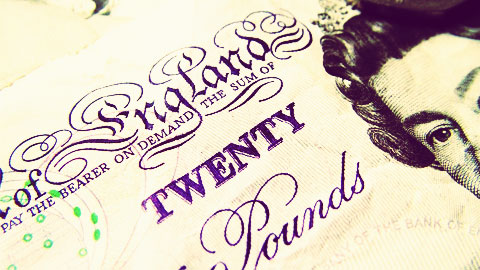Through the Financial Services & Markets Act 2023 (FSMA), the UK Parliament has empowered the FCA to ensure the reasonable provision of cash deposit and withdrawal services for personal and business current accounts throughout the UK.
According to the FCA’s assessment, cash accessibility remains high. As of Q2 2022, 95.1% of the UK population lives within one mile of a free-to-use cash withdrawal point, such as ATMs, Post Office branches, or bank/building society branches, with 99.7% within three miles.
However, the FCA has noted that a shift toward cashless payments and changes in bank branch networks could significantly impact customers who rely on cash if not managed appropriately. Cash payments are still essential for vulnerable customers and many small businesses. A study by the FCA found that 3.1 million adults (6%) primarily used cash for their transactions in the year up to May 2022.
The FCA plans to adopt a “balanced” approach to meet the cash needs of customers and small businesses while considering the cost implications for firms catering to digital preferences. The goal is to maintain a network of cash access facilities aligned with current service distribution so that individuals and businesses dependent on cash can continue to access these services.
The rules will be adaptable, taking into account the cash needs of personal customers and SMEs in varying locations, considering demographics, digital connectivity, geography, transport infrastructure, and the number of retailers.
To determine how an area may be significantly impacted by cash access deficiencies, the FCA will evaluate several factors, including:
– The number and characteristics of people affected, especially those in vulnerable circumstances.
– The number of businesses that accept cash payments likely to be impacted.
– The distance to the nearest suitable cash access point and the associated travel costs for individuals and businesses.
The access to cash regime will assess significant changes such as the closure of bank branches or removal of ATMs, applicable only to banks and building societies designated by the government. However, the FCA’s powers do not extend to compelling retailers to accept cash as payment.
The UK government will designate the firms to which the cash access regime applies and may also appoint coordinated bodies. Before formulating any rules or guidelines, the FCA will conduct thorough consultations, including cost-benefit analyses, to gather input from diverse stakeholders. They are collaborating with the Payment Systems Regulator (PSR), which oversees LINK, the UK’s largest ATM network, to ensure a resilient, cost-effective, and accessible cash infrastructure for consumers and businesses.
Pending the consultation outcomes, any new rules are anticipated to take effect by summer 2024. Meanwhile, the FCA emphasizes that firms must consider the potential harm their decisions may cause customers, such as closing branches or ATMs, and address these concerns prior to making such changes.
Anna Roughley, head of insight at the Lending Standards Board, stated, “We welcome the treasury’s announcement of new rules that will require banks to provide free cash withdrawals within three miles of consumers and businesses. Many people rely on cash for everyday transactions, such as groceries or bills. The closure of bank branches in recent years has made it more difficult for people to access cash, especially in rural areas and for those with disabilities. This is a vital step toward ensuring financial inclusion and guaranteeing that everyone has access to the financial services necessary to participate fully in the economy.”
